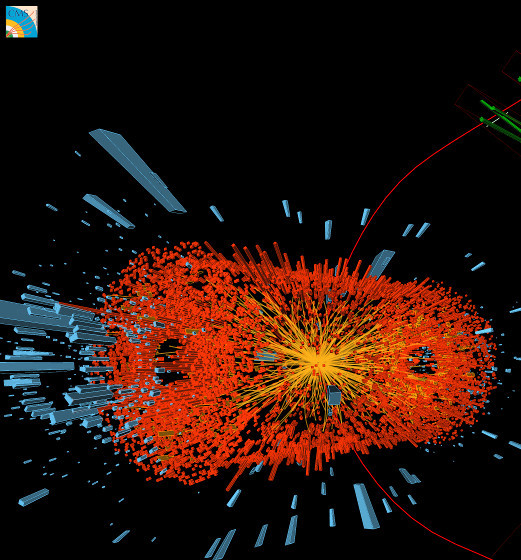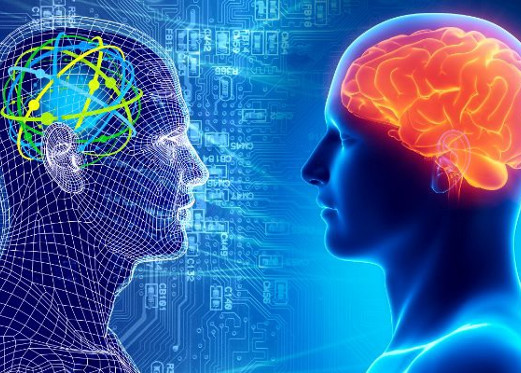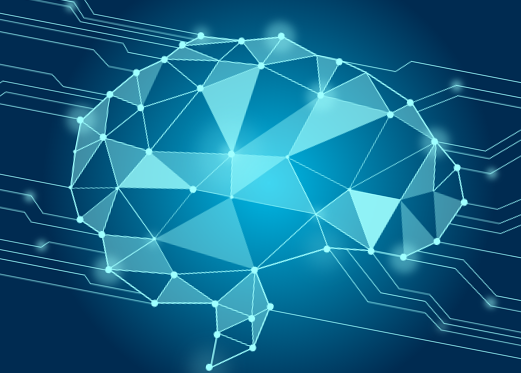Machine Learning in High Energy Physics
The HEP agenda for exploring new physics beyond the standard model requires the identification of rare signals immerse in huge backgrounds. The physics hypothesis are firstly checked by performing analysis on huge particle collision simulations and then verified against real data.
In our group we investigate two main areas in this scenario – tasks that are typically computationally intensive pieces of the workflow:
- Speeding up simulation by using generative models. Simulating a single proton-proton collision event takes the order of several minutes and a large number of them are needed to achieve the necessary statistical accuracy. By using machine learning we can see a speed up of 1000x on this process; and
- Enhancing physics reach by better classifying the events. The identification of particles after a collision event is a very hard task. By using machine learning we see improvements on the time for performing the identification and the accuracy of the results.

© 2011 CERN, for the benefit of the CMS Collaboration
CMS collision events: candidate Upsilons in heavy-ion collisions – Dec 2010
Cognitive systems
Instead of relying on the use of single techniques like rule-based systems, neural networks, fuzzy systems or evolutionary computation, Cognitive Systems emphasize the necessity of integration of many of these techniques building up sophisticated computational architectures, suitable to deal with the many facets of cognitive behavior. Our team has proposed different successful frameworks that work as general-purpose control systems’ architectures inspired by scientific theories developed to explain cognition in humans and other animals. Also, we work at different levels to build processes and benchmarks for evaluating a machine’s ability to increase its capacity to perform complex tasks in real-world situations.


Machine consciousness
Machine consciousness is the field of Artificial Intelligence specifically related to the production of conscious processes in engineering devices (hardware or software). The potential advancements it could represent in the understanding of human mental processes – notably through the use of computers in the simulation of cognitive processes – and also the potential social and economic impact that these intelligent machines – and their derivatives – would have in our society justify the study of artificial consciousness. Our group has worked in proposing different approaches to investigate how distinct levels of machine consciousness could be achieved and measured.






